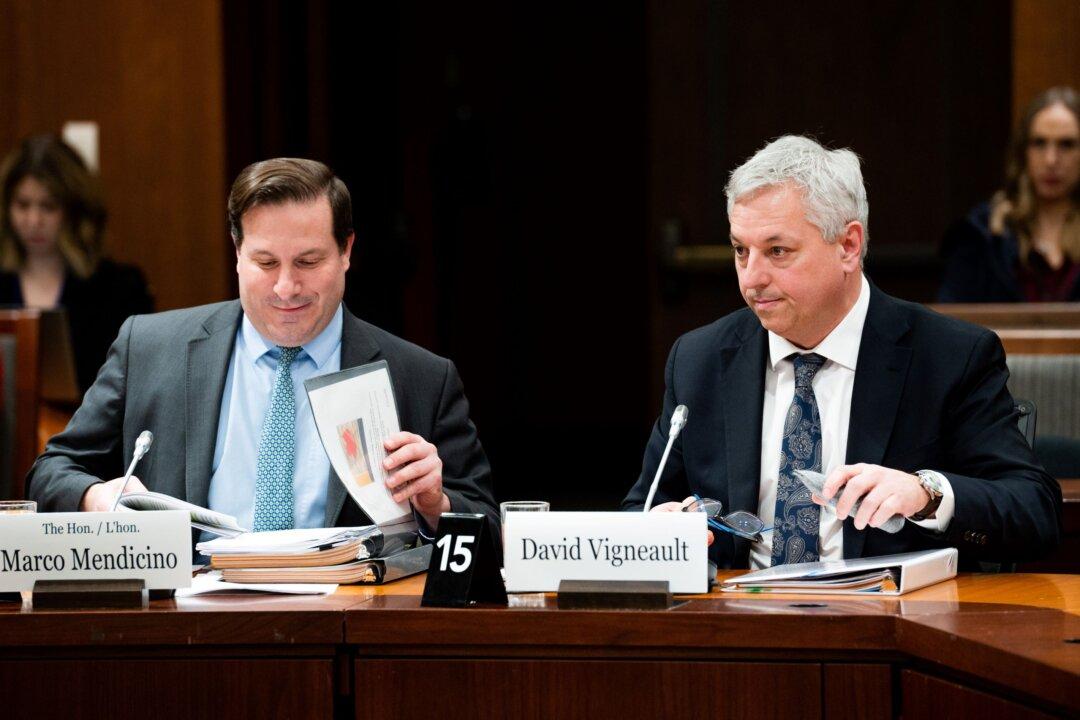News Analysis
Public Safety Minister Marco Mendicino recently told MPs that he was briefed about unofficial overseas Chinese police stations in Canada only within the past year.

Public Safety Minister Marco Mendicino recently told MPs that he was briefed about unofficial overseas Chinese police stations in Canada only within the past year.